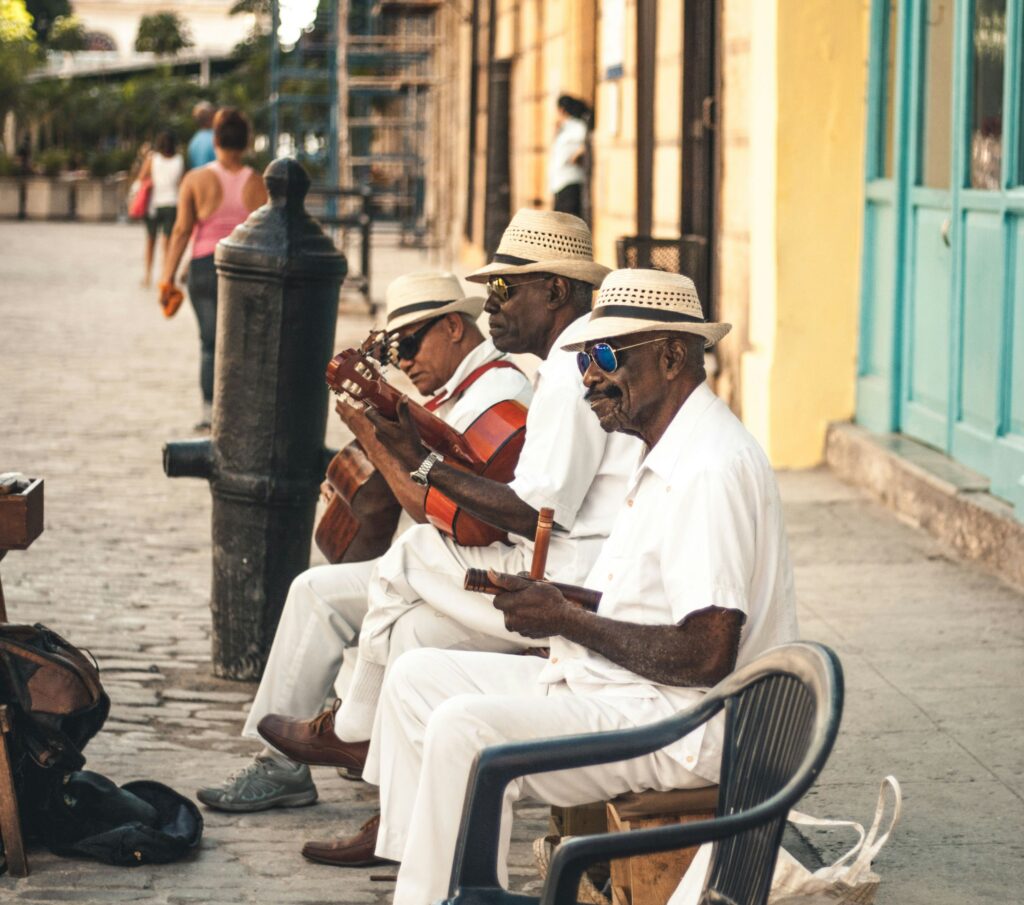
The Essential Guide to Drinking Tap Water in Cuba: Shocking Truths for a Worry-Free Trip
If you’re planning a trip to Cuba, one of the most pressing questions you might have is about the water situation. Trust me; I’ve been there, and knowing whether to sip or skip is crucial for a worry-free vacation. Here’s what you need to know about drinking tap water in this vibrant paradise, where the culture is rich, and adventures await at every turn.
Understanding Cuba’s Water Quality
First things first. The quality of tap water in Cuba can be… shall we say, inconsistent? While major cities like Havana have made strides in improving water supply, smaller towns might not be as reliable. It’s not uncommon for the water to be treated with chlorine, which can lead to a funky taste. But it’s not just about taste; the safety of drinking water varies significantly based on location.
In Havana, some locals tend to drink tap water without issues, but many opt for bottled water instead. I mean, can you really blame them? With the potential for contaminants like bacteria and parasites, it’s a common concern. If you want peace of mind, sticking to bottled water is the way to go. Besides, those plastic bottles are ubiquitous; you can find them at most stores and hotels.
Is It Safe to Brush Your Teeth with Tap Water?
This is a gray area—a bit hazy. To be honest, many travelers brush their teeth with tap water and haven’t encountered any problems. Still, if you’re someone who prefers to play it safe (smart choice, really), using bottled water for brushing is advisable. It’s an easy precaution, and your stomach will thank you later.
Bottled Water vs. Tap Water: The Cost Factor
You might be wondering about costs: is it more economical to just drink the tap water? Let’s break it down.
- Bottled water typically costs around 1-2 CUC (Cuban Convertible Peso) per liter, which isn’t a huge sacrifice for most travelers.
- On the flip side, treating stomach issues can rack up some significant expenses—trust me, you don’t want to end up in a pharmacy trying to explain your woes in Spanish!
Ultimately, for the sake of your peace of mind—and your stomach—it’s often worth it to opt for bottled water.
How to Spot Safe Bottled Water
Just because it’s bottled doesn’t mean it’s automatically safe. Here are some tips to make sure you’re not falling for any scams:
- Check the seal: Ensure the seal is intact. If it looks tampered with, steer clear.
- Look for respected brands: Stick with well-known brands like Agua Cristal or Agua Beldia. If it’s unfamiliar, be cautious.
- Buy from reputable sources: Shops, hotels, and official kiosks generally have better standards. Avoid roadside vendors.
Environmental Considerations
So, you’ve made the smart choice to drink bottled water. But what about the environmental impact? Cuba is making efforts to improve sustainability, and while it’s understandable you want to stay hydrated, consider alternatives to single-use plastics.
Bringing a reusable water bottle and a filtration system is a fantastic option. It’ll save you money, and you can fill up at safe sources, like your hotel. Plus, it’s a way to reduce waste—a win-win!
Other Drinking Options: Juices and Smoothies
While you’re exploring Cuba, why not indulge in the local flavors? Fresh juices and smoothies are everywhere. Just be sure to request no ice—unless you’re absolutely certain it was made from bottled water.
Consider trying a refreshing mango batido or a classic papaya juice instead. Trust me; your taste buds will thank you; there’s something simply invigorating about enjoying fresh fruit in tropical heat.
Travel Tips for Staying Hydrated
Here are a few practical tips to keep you comfy and hydrated:
- Always carry a water bottle; it’ll remind you to hydrate throughout your adventures.
- Inquire with locals about safe water sources—you’d be surprised how helpful they can be.
- Pay attention to your body. If you feel off, it’s better to err on the side of caution.
Final Thoughts
Your health should absolutely be a priority when traveling. Drinking tap water in Cuba can be risky—so often, it’s the little things that make a trip stress-free. By taking a few precautions and leaning toward bottled water, you’ll have more time to relish the vibrant culture, stunning landscapes, and the welcoming spirit of the Cuban people.
So, when you arrive in the land of vintage cars and rhythmic live music, you’ll be ready to soak it all in without any worries about what’s in your glass. You’ve got this!
Related: For more insights on navigating Cuba, check out this article on Cuba Travel Tips.
**Related Reading:** – [Related: How to Plan a Solo Trip on a Budget] – [Related: Top Destinations for First-Time Solo Travelers] **#SoloTravel #Essential #Guide #Drinking #Tap #Water #Cuba #Shocking #Truths #WorryFree #Trip**
